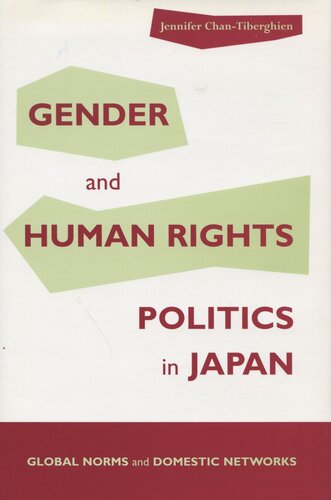

Most ebook files are in PDF format, so you can easily read them using various software such as Foxit Reader or directly on the Google Chrome browser.
Some ebook files are released by publishers in other formats such as .awz, .mobi, .epub, .fb2, etc. You may need to install specific software to read these formats on mobile/PC, such as Calibre.
Please read the tutorial at this link: https://ebookbell.com/faq
We offer FREE conversion to the popular formats you request; however, this may take some time. Therefore, right after payment, please email us, and we will try to provide the service as quickly as possible.
For some exceptional file formats or broken links (if any), please refrain from opening any disputes. Instead, email us first, and we will try to assist within a maximum of 6 hours.
EbookBell Team

4.8
74 reviewsThe main purpose of this book is to revisit prevailing conceptions of the Japanese state—which tend to focus on bureaucratic dominance, party politics, and interest groups—and argue that these institutions cannot explain the extensive legal and political changes concerning women's and children’s human rights since the late 1990s. Instead, the author advances a constructivist approach to examine the impact of global human rights norms on Japan. This approach is exceptional in linking gender, children, and minority rights to Japanese norms. This book offers an up-to-date account of the changes since the 1990s. It also explores the issue of universalism versus cultural relativism within human rights and feminist debates. Instead of assuming that traditional Japanese culture is at odds with the individualistic and legalistic orientation of international human rights standards, the book discusses how Japanese civil society as well as state actors grapple with the rise of the individual, the new salience of law in resolving conflicts, the emergence of horizontal networks of cooperation, and the practice of “postnational citizenship.”